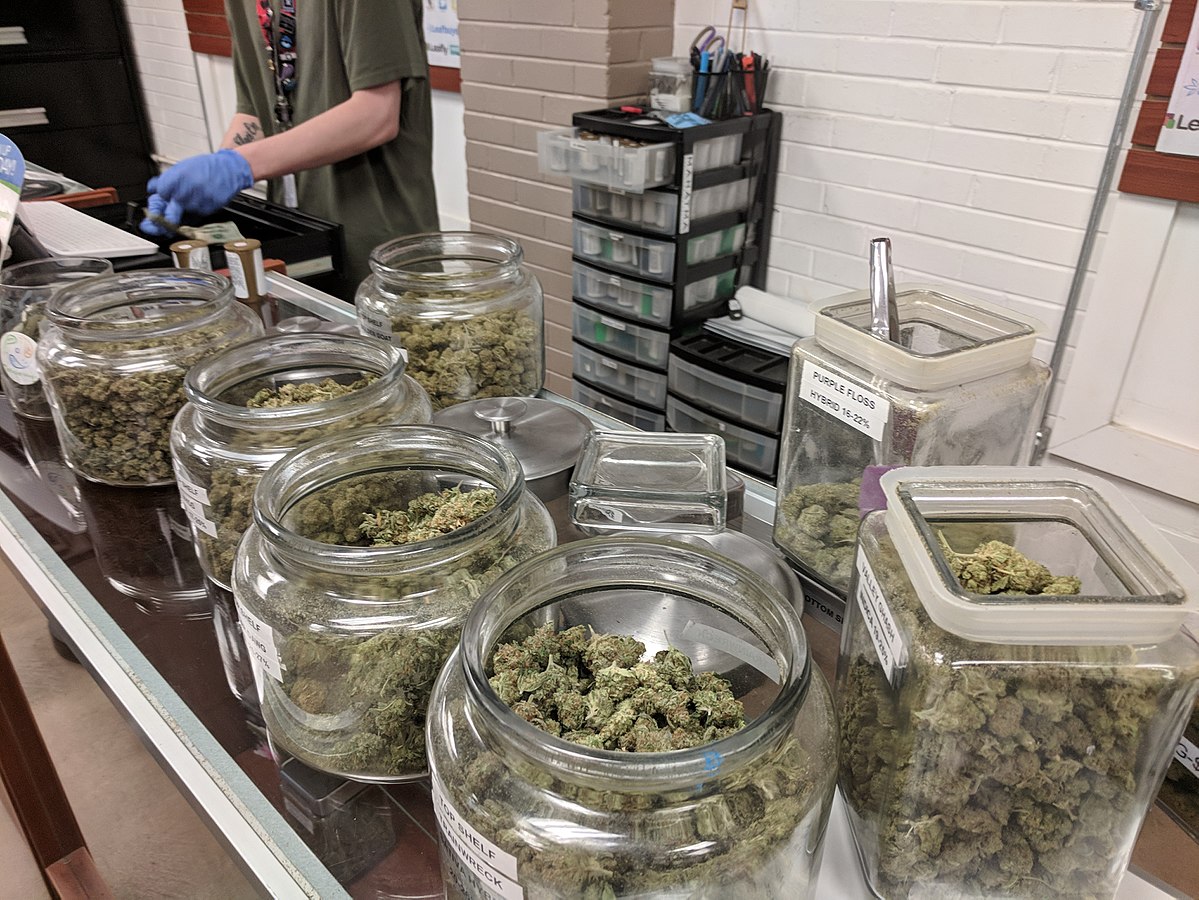The Denver Department of Public Health and Environment is in the process of writing a report regarding product quality in Denver’s dispensaries, and the outlook is grim.
According to an article published by Westword, a Denver-local news publication, the DDPHE performed a number of random quality tests in numerous Denver dispensaries starting in late August 2019. As part of this quality test, the DDPHE assessed 25 locations to “evaluate contaminants in products on store shelves.”
Of those twenty-five locations, 80% were selling cannabis products with higher-than-acceptable levels of mold and yeast. As a result, each location with the potentially tainted products received official “hold and quarantine” orders.
The DDPHE claims that the series of tests on Denver’s dispensaries are part of a long-planned research project. The project’s aim is learning more about the expiration rate and packing procedures of cannabis products. They have been insistent in claiming that they did not target any specific dispensaries and that all tests were truly random. As of yet, the wholesale providers responsible for the product have not been named in the DDPHE’s reports.

Who Is To Blame For The Contaminated Product?
Many owners of the Denver dispensaries facing potential repercussions are adamant in defending their innocence. According to one such owner, dispensary owners do not have access to testing technology of their own. They claim they depend solely on the testing that is performed during the production phase of the products they purchase. If the product becomes contaminated after that point and before they sell it in their stores, they say, they would have no way to know.
“If we had any inclination that the product would not have passed testing, we would have not received or purchased the product wholesale,” says one owner, who claims to be considering legal action againt the wholesale vendor behind their contaminated product.
The DDPHE has been vocal in specifying that they will be examining each failure on a case-by-case basis. They will also be implementing the state cannabis tracking system, METRC. This will hopefully determine the point at which these products became contaminated. According to DDPHE Food and Safety Manager Abby Davidson, “it’s really hard to point any fingers until we’re able to do our investigation and backtrack to how that product got to that dispensary.”
Much of the product that failed testing has been destroyed by the dispensaries involved. However, some of it remains on a quarantine hold until further testing confirms the presence of hazardous materials. It is not clear whether any of the Denver dispensaries will face disciplinary action. Any official allegations of culpability will likely wait until the DDPHE releases its official report. Hopefully it will identify the true source or cause of the contamination.







![Understanding Vinyl Record Grading: A Complete Guide for Collectors-- [Photo by Bojan Marjanovic on Canva.]](https://respectmyregion.com/wp-content/uploads/2026/02/image-500x333.jpeg)